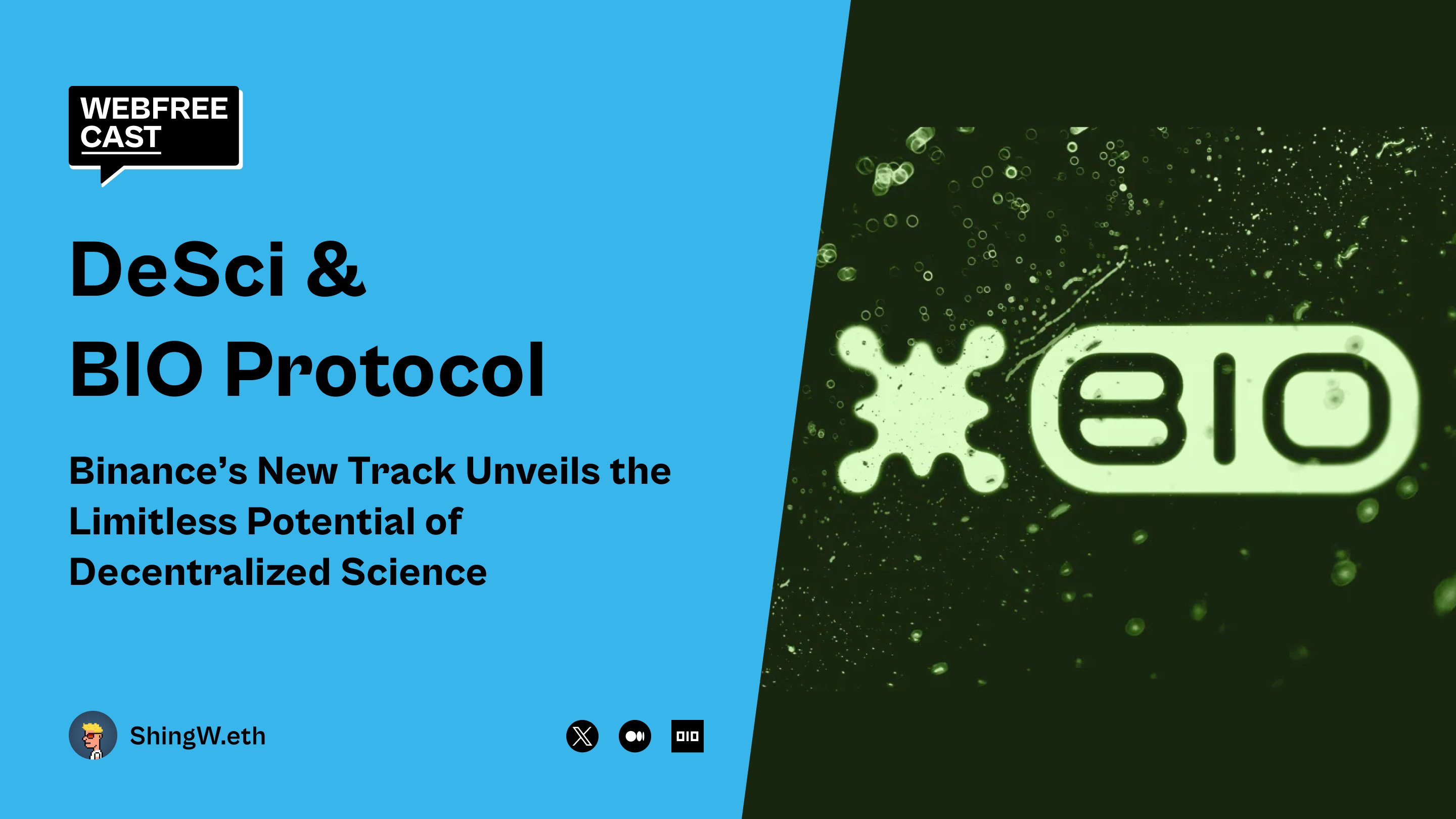
What is DeSci and what is the BIO Protocol?
Decentralized Science (DeSci) is a new model of scientific research based on blockchain technology. It aims to break the monopoly of funding and closed-off results in the traditional research system, and to achieve transparency and sharing of scientific data. DeSci introduces decentralized autonomous organizations (DAOs), allowing ordinary people and research institutions to participate in the allocation and decision-making of research funding, thereby promoting the democratization of science.
BIO Protocol is an important participant in the DeSci track, focusing on providing decentralized support for global biotechnology and medical research. It has built a platform that uses blockchain technology to facilitate the flow of research funding, incentivize scientific innovation, and transform research results into tradable Tokens, realizing resource sharing and commercialization.
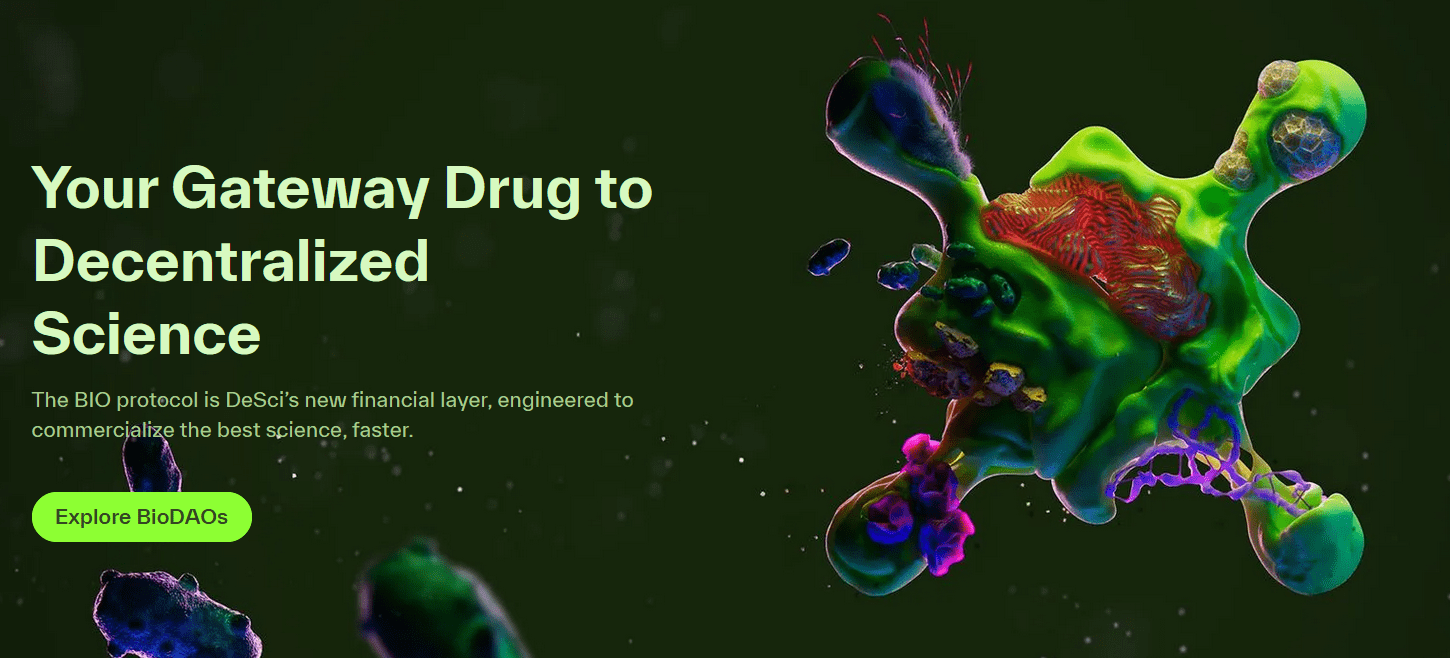
BIO Protocol's Team and Financing
BIO Protocol is led by a professional core team, including:
- Paul Kohlhaas: Founder of BIO Protocol, a blockchain and Token economy expert, focusing on developing innovative research funding models to help effectively allocate funding.

- James Sinka: Scientific Director, focusing on building a decentralized research community, promoting collaboration among global scientists, and driving scientific innovation.
BIO Protocol has received support from Binance Labs, one of the world's largest blockchain investment institutions. Binance Labs' investment not only provides financial support, but also enhances BIO Protocol's influence in the crypto and scientific communities.
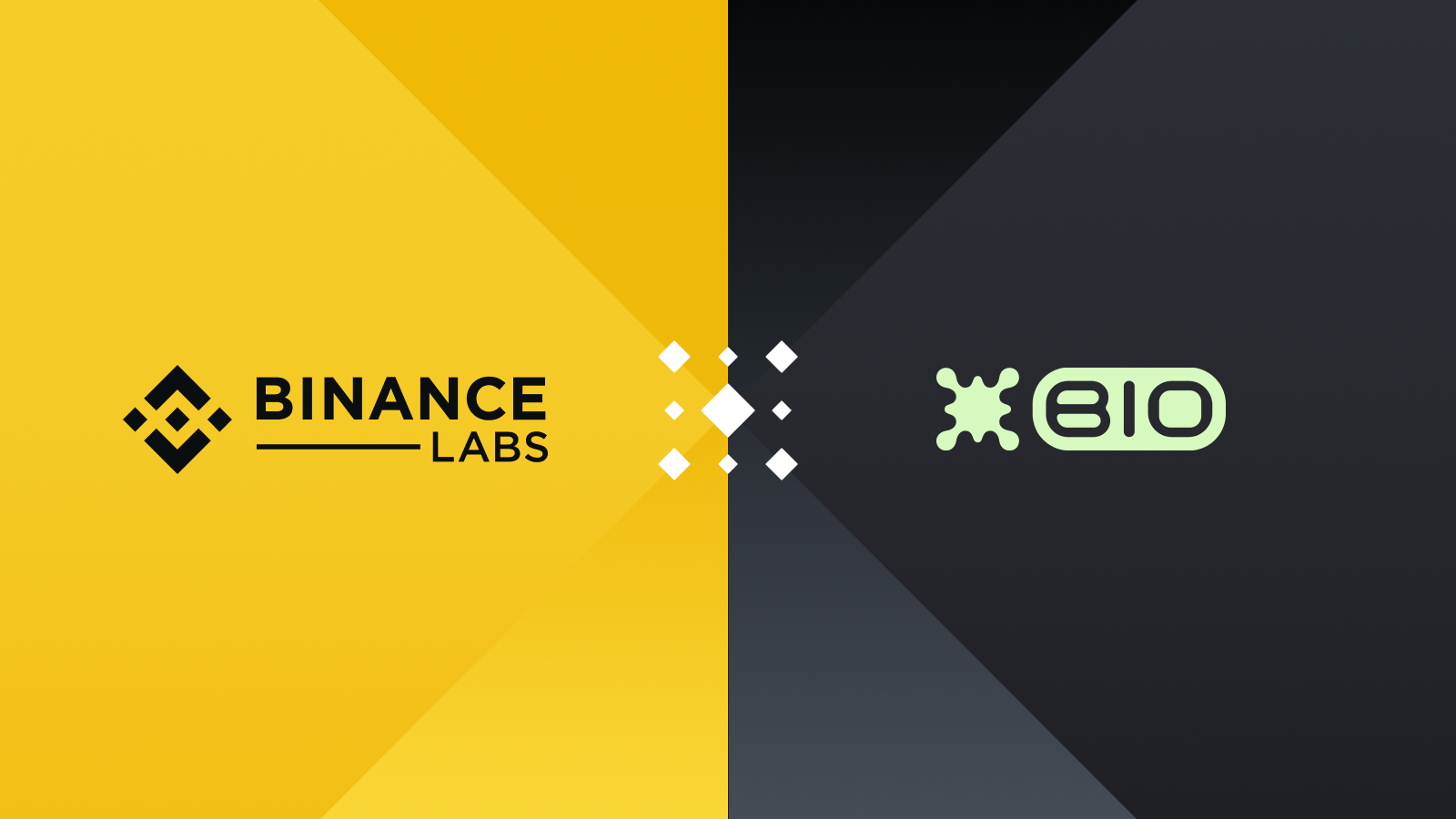
BIO Protocol's Mechanism
BIO Protocol relies on several key mechanisms to achieve its goals, with the following detailed analysis of its four core functions:
BioDAOs
BioDAOs are the core components of the BIO Protocol, each focusing on a specific scientific field, such as anti-aging research, synthetic biology, or rare disease treatment. BioDAOs support scientists in advancing their research through globally distributed funding and resources. Members can participate in governance and share the ownership of research results by holding Tokens. This not only improves research efficiency, but also allows more people to participate in the allocation of research resources.
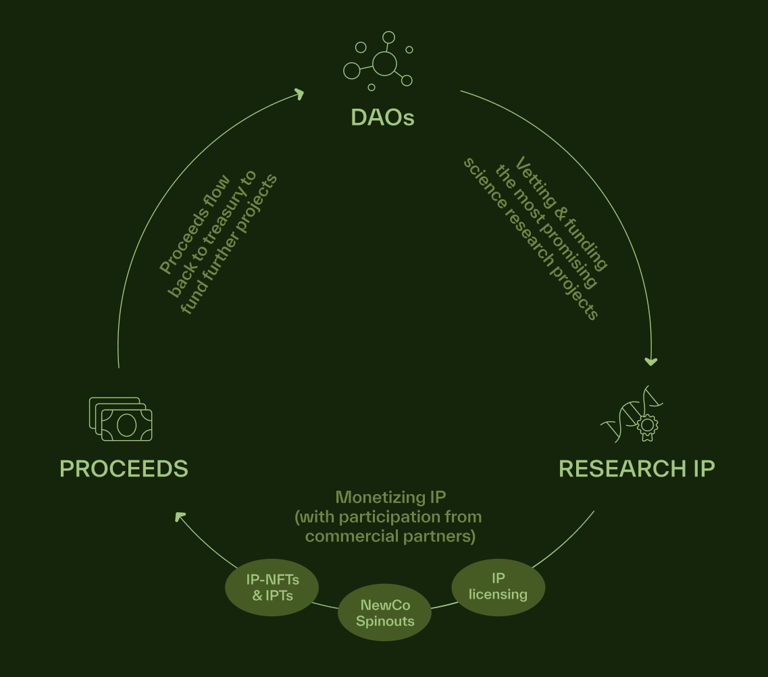
Curation Mechanism
BIO Protocol adopts a curation mechanism to screen promising research projects. BIO Token holders can stake their Tokens in supporting BioDAOs and vote to decide which projects receive funding. This decentralized process not only ensures the transparency of fund allocation, but also gives ordinary people the opportunity to participate in research decision-making.
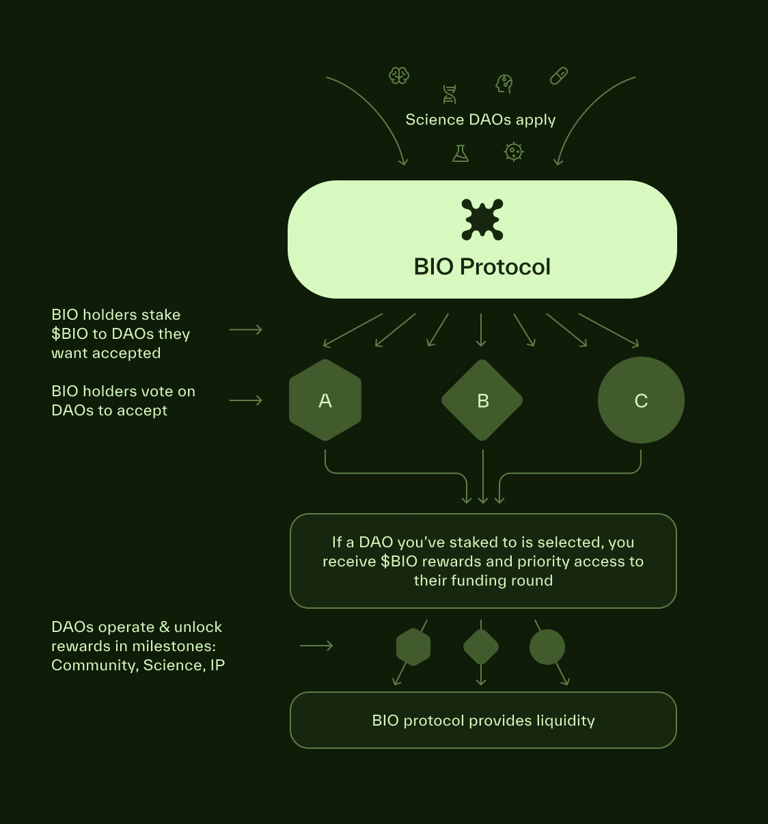
Research Incentives (Bio/Acc Rewards)
BIO Protocol has a dedicated incentive mechanism, where the platform will distribute BIO Tokens as rewards to BioDAO members when important research milestones (such as successful clinical trials or new product launches) are achieved. At the same time, ordinary users who participate in data donation, research testing, or product purchases can also receive Token rewards, promoting the sustainable development of the ecosystem.
Intellectual Property Tokenization (IP Tokens)
BIO Protocol innovatively transforms research results into Tokens (IP Tokens), which represent the ownership and governance rights of intellectual property. Holders can participate in decision-making on research progress and receive exclusive information, as well as share the potential value of research results. This model makes research results more liquid and provides additional funding sources for scientists.
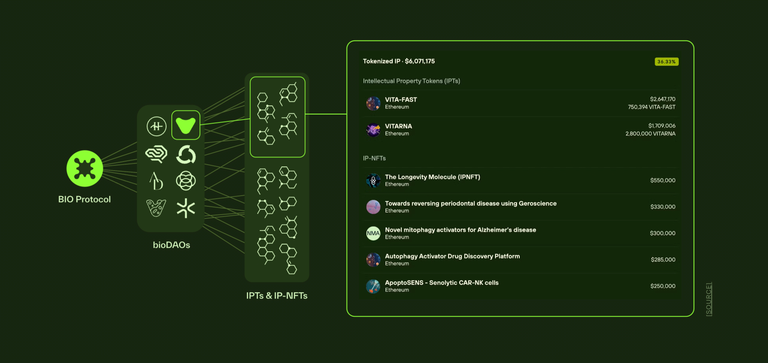
BIO Token Model
The BIO Token is the core tool of the BIO Protocol, connecting the various parties on the platform and facilitating the operation of the protocol. The total supply of BIO Tokens is 3.32 billion, mainly used for fund allocation, community incentives, and platform governance.
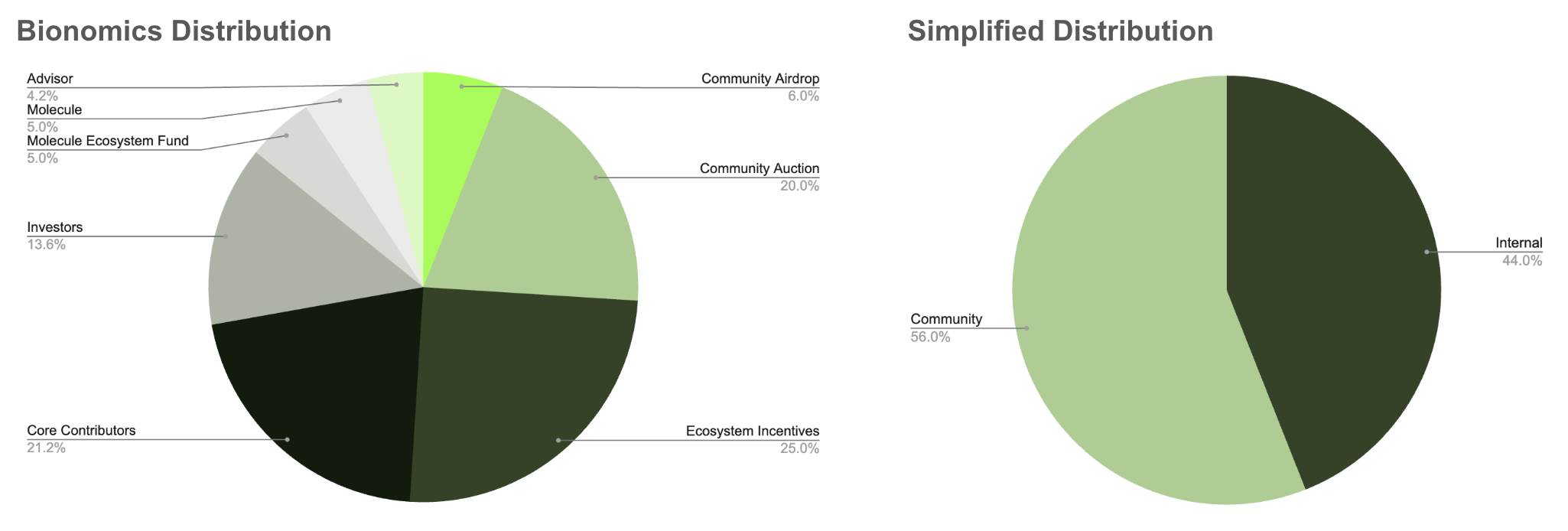
BIO Protocol adopts a dual-auction model to distribute Tokens. The first round is an English auction, used to determine the market demand and base price of the Tokens; the second round is a Dutch auction, where the price gradually decreases from the high point until the market finds an acceptable price. This design ensures the fairness of Token distribution and raises funds for the project launch.
BIO Token holders can participate in protocol governance, voting on project selection, fund allocation, and future upgrades. Holding Tokens also provides priority access to high-potential projects and enjoys discounts and other benefits within the platform.
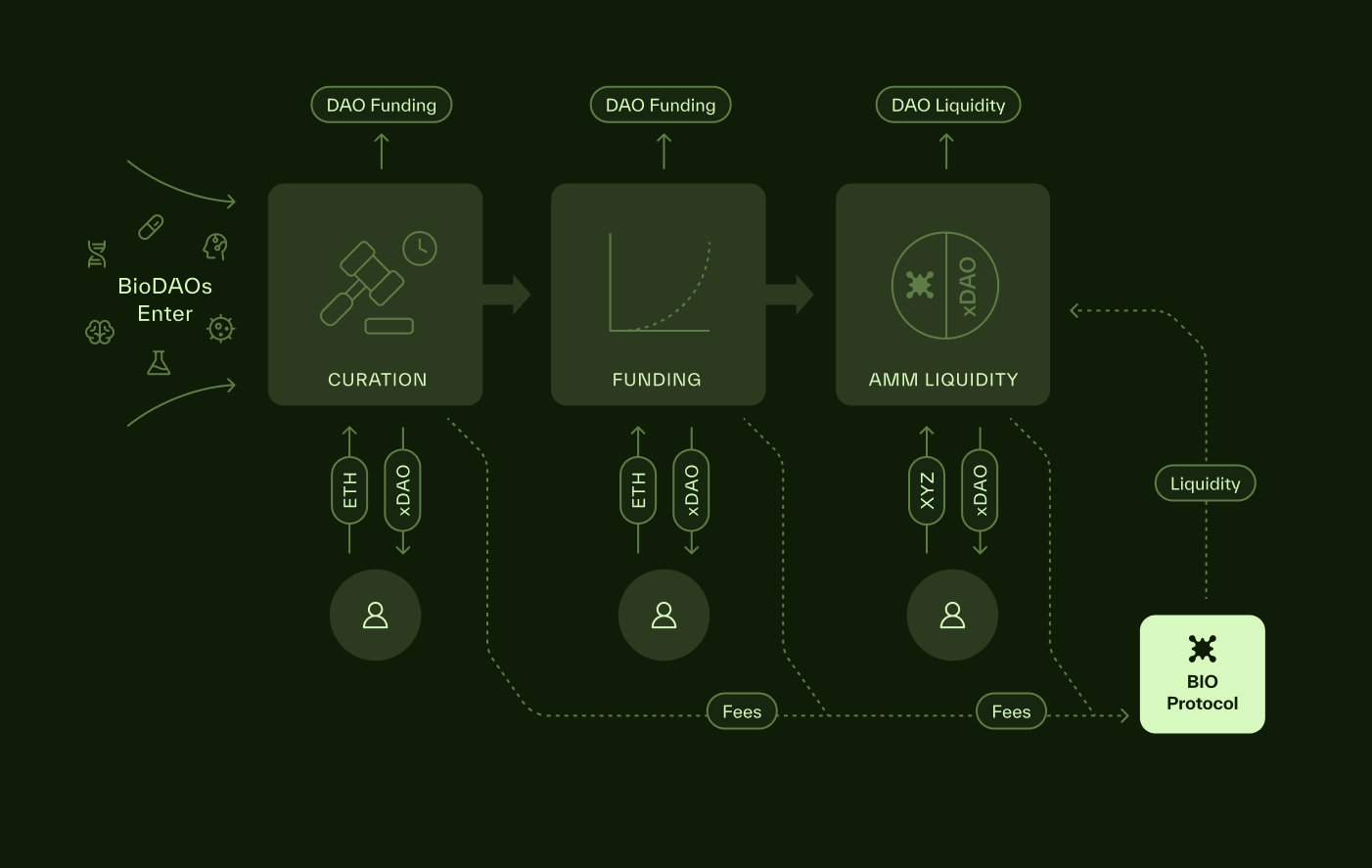
The Value of DeSci and the Problems It Solves
The core value of DeSci lies in solving three major pain points in the traditional research system:
First, DeSci breaks the monopoly of research funding. Traditional research funding is often controlled by the government or large institutions, with complex application procedures and lack of transparency. DeSci decentralizes the funding sources through DAOs, allowing more small research teams to have the opportunity to receive support.
Secondly, DeSci promotes the sharing and transparency of research data. In the traditional model, research data is often locked up in the hands of a few large publishers. DeSci uses blockchain technology to ensure data immutability and allow all participants fair access, solving the problem of academic monopoly.
Finally, DeSci increases participation and efficiency in research. By introducing a Token economy, researchers, data providers, and ordinary users can all receive incentives, accelerating the development of the research ecosystem.
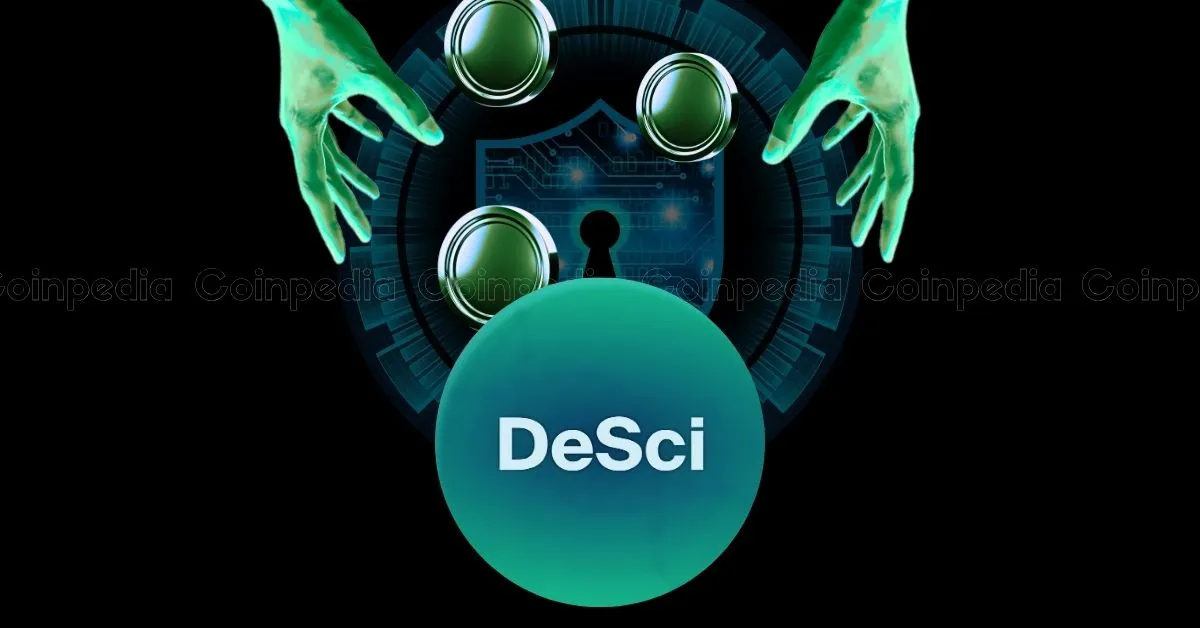
Looking to the Future
The DeSci track is attracting more and more attention, especially with the support of crypto heavyweights like CZ and V. Binance recently launched the BIO Protocol Launchpad, allowing more people to participate in the DeSci ecosystem. As more projects are implemented, DeSci is expected to become the best example of the integration of crypto technology and real-world applications, bringing about a profound transformation in global scientific research.
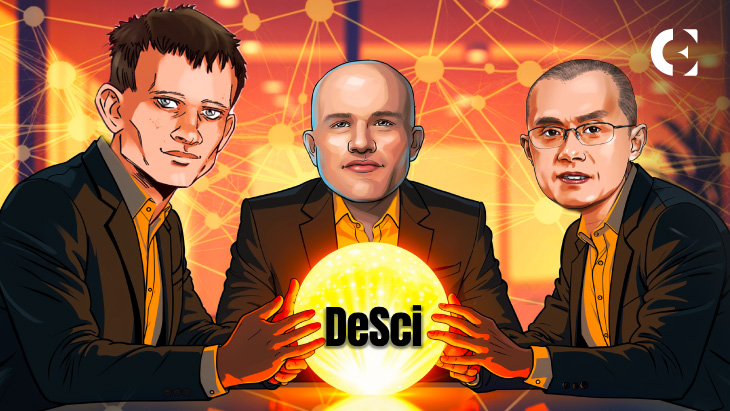
Challenges and Risks in the Current Stage
Currently, the DeSci track is still in the early stage of development, and there are some challenges. First, many projects are still attracting attention in the form of Meme Tokens or Shitcoins, lacking actual scientific research results, and the market is doubtful about their sustainability. Secondly, scientific research itself requires long-term investment, and whether the market has enough patience to wait for these projects to complete the full cycle is still unknown.
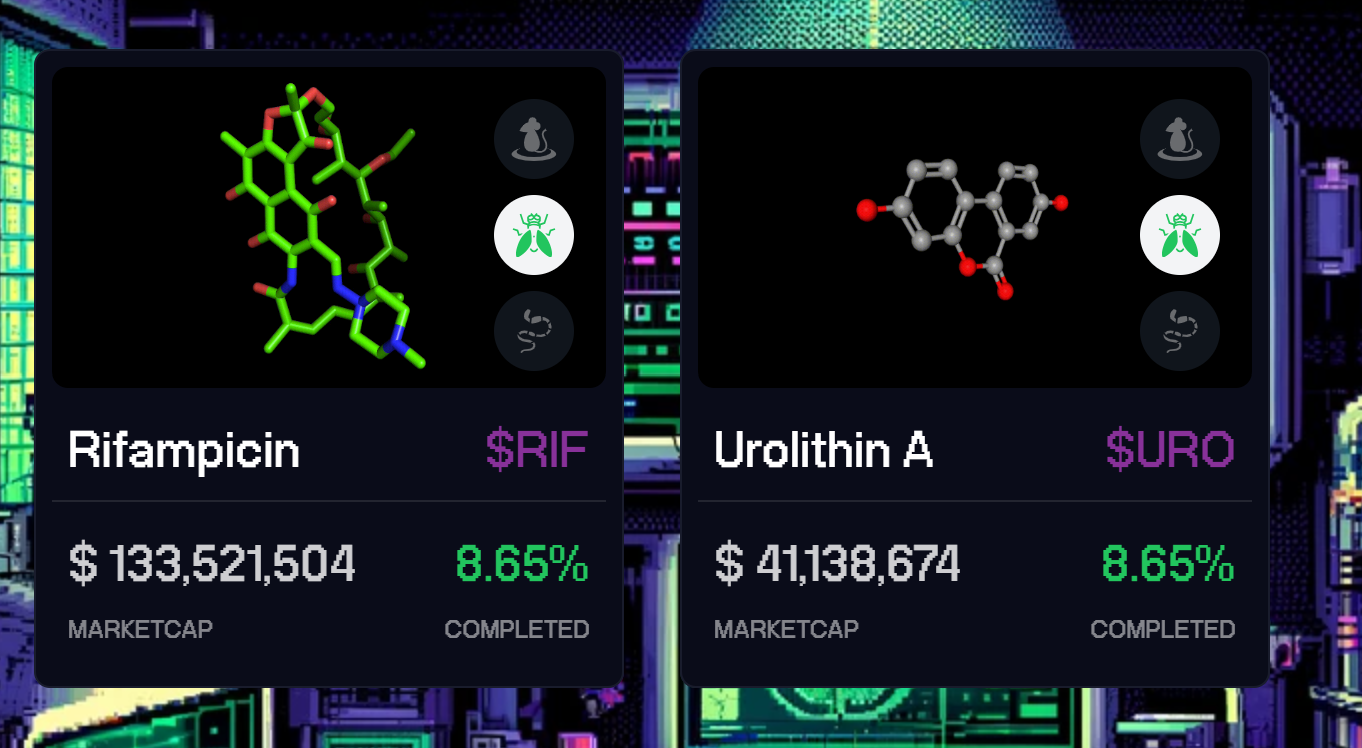
In addition, DeSci involves sensitive areas such as genetic technology and medical data, and there are regulatory and legal risks. For example, how to ensure decentralization while meeting legal requirements will be a key challenge for future development. Finally, the professional threshold of scientific research is relatively high, and ordinary people find it difficult to understand the technical details, which may lead to a lack of project transparency and even the risk of fraud.
Summary
DeSci is an important experiment in the integration of scientific research and blockchain technology, and BIO Protocol, as a representative project, has demonstrated the potential of decentralized funding and resources in driving scientific innovation. Although there are still challenges to be overcome, as the ecosystem gradually matures, DeSci is expected to become an important driving force for global scientific development in the future.






